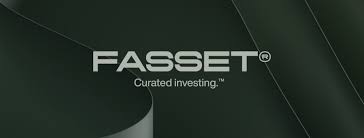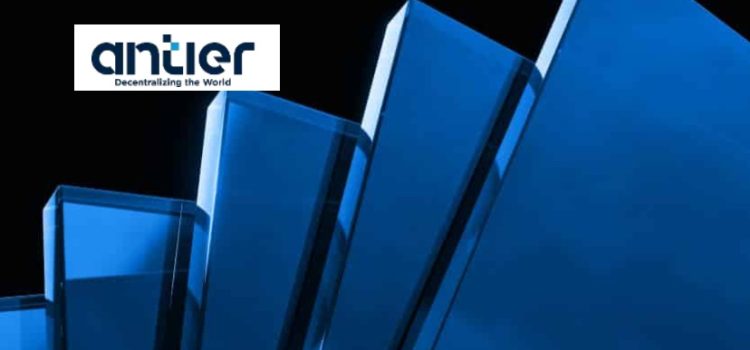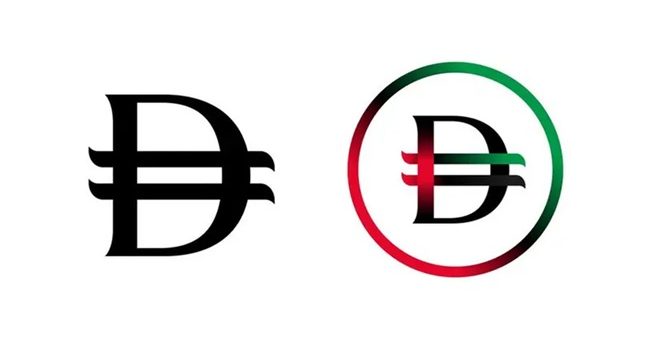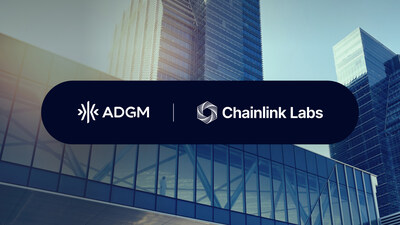
UAE regulated Mantra Blockchain platform for the tokenization of real world assets has published a preliminary report on the OM Token price fall.
As per the post On 13 April at approximately 18:28 UTC, the OM token experienced significant and unexpected downward price action, resulting in a 92% decline over a period of approximately one hour. This unusual market activity has raised questions within our community, and we acknowledge the concerns expressed by our token holders during this period of market volatility.
The post notes that the Mantra team have been conducting a thorough investigation to find our the key factors contributing to the rapid price movement and present verifiable data confirming the current OM Token circulating supply.
Mantra states, ” Our objective is to deliver a fact-based assessment that addresses community questions and outlines measures to strengthen market resilience. While our investigation remains ongoing, we are committed to sharing verified information in a timely and transparent manner. We appreciate the community’s patience as we compile a comprehensive understanding of this market event.”
No sales of OM token were made by the MANTRA team or advisors as those remain locked, however ERC-20 OM tokens are in public circulation and outside of Mantra’s control.
- Legacy ERC-20 OM Tokens (Fully Circulating)
The original OM token (ERC-20) was launched in August 2020 with a fixed total supply of 888.88 million OM. As of 15 April, 2025, 99.995% of these tokens are in public circulation, held by more than 123,000 wallets, meaning they are fully liquid and tradable on the open market. Key allocations from the original OM ERC-20 tokens — including public/private sales, team/advisors, grants, reserves, referrals, and staking rewards—have all been fully distributed. This means market activity for these tokens is driven by holders and external trading dynamics. Further details on the ERC-20 OM buckets and balances can be found in Appendix A. - MANTRA Chain Mainnet OM Tokens (Limited Circulation)
In October 2024, the launch of MANTRA Chain introduced an additional 888.88 million OM coins minted natively on the new blockchain, alongside an onchain inflation mechanism. Currently, 77.5 million OM of these MANTRA Chain coins are in circulation. There are currently over 200,000 mainnet OM wallets. Further details on the Mainnet OM buckets and balances can be found in Appendix B.
The total OM supply stands at 1.81 billion tokens, split evenly between legacy ERC-20 and new Mainnet OM. Of this:
- 53% (969.61 million OM) is currently circulating. Nearly all circulating supply (92%) comes from the fully liquid ERC-20 tokens, with just 8% originating from Mainnet OM. As per Mantra the incident almost exclusively involved ERC-20 OM, as ERC-20 OM represents virtually the entire liquid market.
MANTRA acknowledges that significant amounts of OM tokens were moved onto exchanges for use as collateral. Based on MANTRA’s review of independent observations (here and here) of the incident, it is evident that there were forced OM position closures during a period characterized by reduced market activity (around 02:00 am Monday HKT). These liquidations created excessive selling pressure on the OM token market.
As per the analysis of Mantra, the forces liquidations according to Mantra initiated a sequential market reaction which pushed the price downward which triggered automated liquidation events across exchanges for leverage positions using OM as collateral. A divergence on OM Token spot price between OKX and Binance was noted in hours commending around 18:00 UTC. As such Mantra noted that significant OM Traders were liquidated by centralized exchanges, and that they are awaiting further information from crypto exchange partners for clarification.
As for the future Mantra plans to release details of its OM Token support plan with OM Token buyback and supply burn program. The CEO and Founder John Patrick Mullin, has committed to burn his team allocation. Mantra calls on centralized exchanges to collaborate and provide clarity on trading activities while Mantra releases a dashboard with live balances of tokenomics buckets for additional market transparency.

















